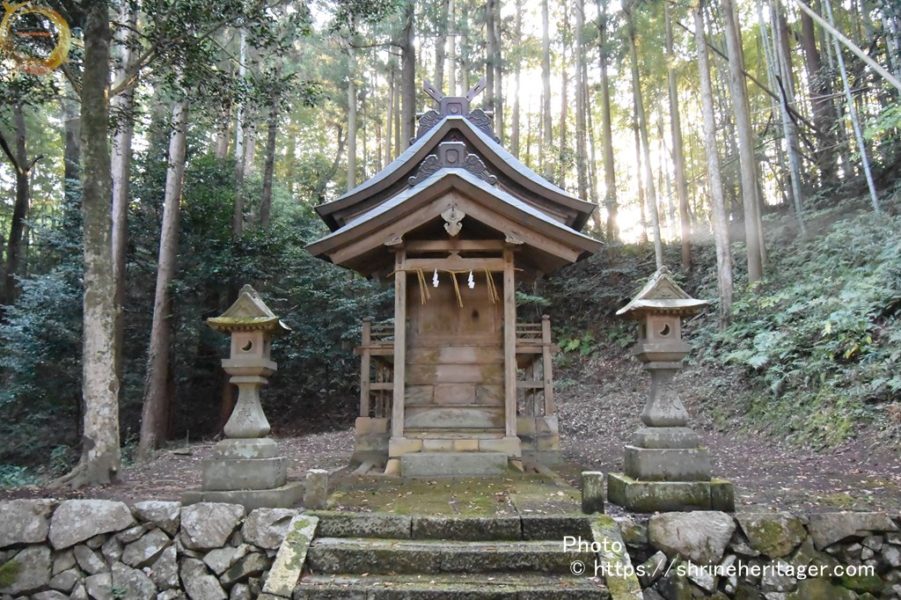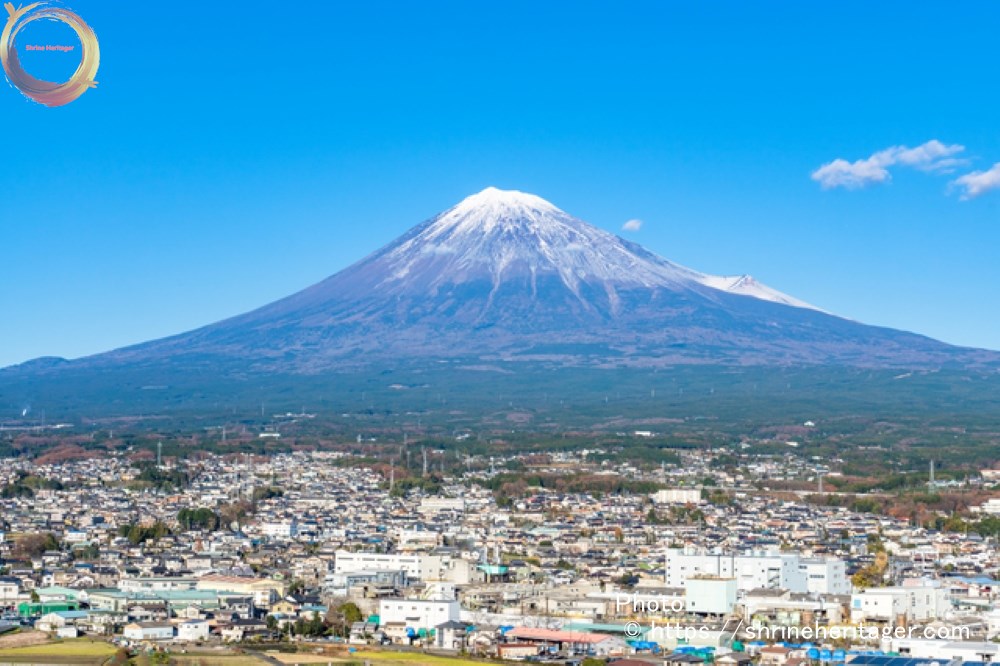Tabe Shrine is pronounced "Tamo", but the letter "Tafu" is also read as "Tazura" and it means "the surface of the rice field" as the character says. The sun shines in the "Tamen" protected by the villager, and the god of the festival is enshrined by the goddess of the beautiful sun, "Oho hirume muchi" in the rice field that spreads. The surface of the rice field is illuminated.
目次
From here, I will explain the name of the listed shrine in chronological order.
First of all, "Izumo Kaoru Fudoki" was completed on February 30, 733, about
1300 years ago. Next, the Enki-style God Name Book, which was completed about
1100 years ago and in the middle of the Heian period (extended 5 years and 927 years), is the last of the "Izumo-an Fudoki" and "Enki-style God Name Book" (present-day shrine).
【約1300年前】About 1300 years ago
【出雲國風土記(izumo no kuni fudoki)所載社(Place of publication)】
The shrine record was completed in February 733 AD.
【國】 出雲國(izumo no kuni)
【郡】 意宇郡(ou no kori) 条
神祇官社(jingikan no yashiro )
【社名】 多乃毛社
【読み】(たのも の)やしろ
【How to read】(tanomo no) yashiro
国立公文書館デジタルアーカイブ『出雲国風土記』写本https://www.digital.archives.go.jp/DAS/meta/listPhoto?LANG=default&BID=F1000000000000003351&ID=&TYPE=&NO=画像利用

スポンサーリンク
【約1100年前】About 1100 years ago
【延喜式神名帳(engishiki jimmeicho)所載社(Place of publication)】
The shrine record was completed in December 927 AD.
【國】 出雲國(izumo no kuni)
【郡】 意宇郡(ou no kori)
【社名】 田面神社
【読み】(たをもてのかみのやしろ)
【How to read】(tawomote no kamino yashiro)
https://www.digital.archives.go.jp/DAS/meta/listPhoto?LANG=default&BID=F1000000000000004146&ID=M2014101719562090086&TYPE=&NO=画像利用
国立国会図書館デジタルコレクション 延喜式 刊本(跋刊)[旧蔵者]紅葉山文庫
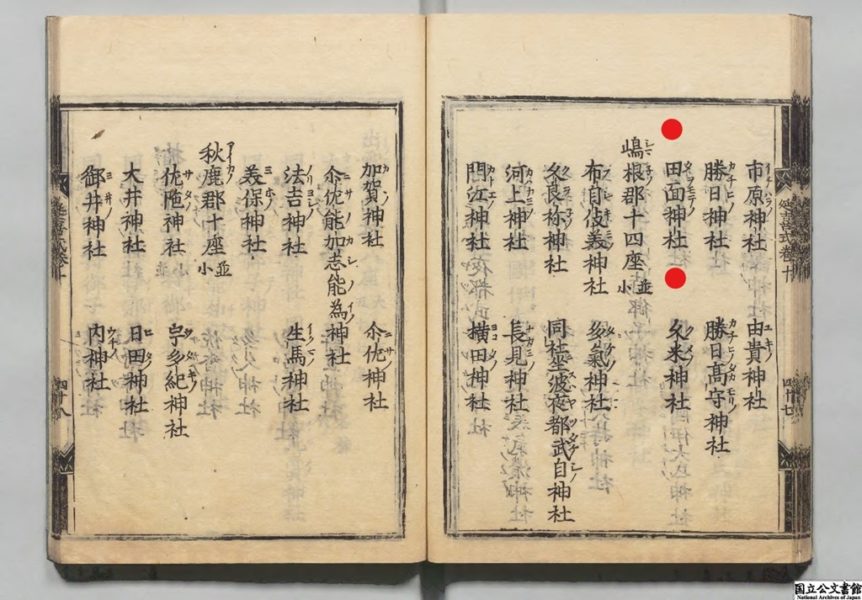
スポンサーリンク
【現在】At the moment
【論社】Current specific shrine
【神社名】(shrine name)
田面神社(tanomo shrine)
(たのもじんじゃ)
【通称名】(Common name) 田面さん
[Zhenzachi] (location) Yasuda 520, Hakuta-cho, Yasuchi, Shimane Prefecture
【地 図】(Google Map)
【御祭神】(God’s name to pray)
《主》大日霊貴(oo hirume muchi)
【御神格】(God’s great power)
【格式】(Rules of dignity)
『出雲國風土記(izumo no kuni fudoki)』所載社
『延喜式神名帳(engishiki jimmeicho )』所載社
【創建】(Beginning of history)
【由緒】(history)
【境内社】(Other deities within the precincts)
・日御崎神社《主》須佐之男命・大日霊霊尊・五男三女神
【オタッキーポイント】(Points selected by Japanese Otaku)
There is a five-grain festival of "Tsutsushima Shinto" which tells the rich evil of the crop of that year March 1
The character of the rice field of Tamo Shrine is also read as "Tazura" and means "the surface of the rice field" It is an agricultural area where abundant water spreads all over the rice field even now.
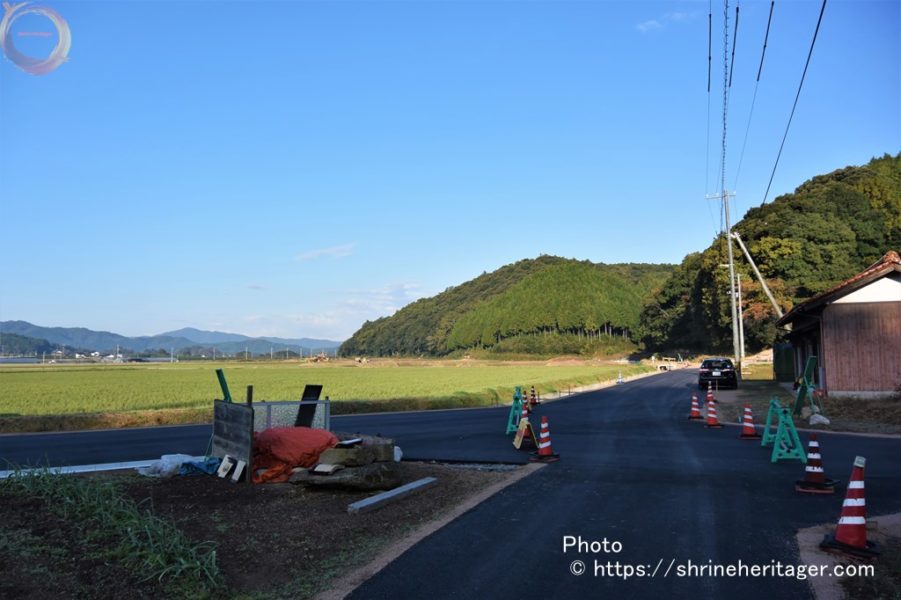
From ancient times, the village people would have asked for their gratitude for the blessings of heaven.
『安来市の祭』島根県立古代出雲歴史博物館HPに詳しく書かれています
Five-grain festival March 1
The head shop offers rice grown by himself in the rice field of Nagata, rice and rice, and the spring water of Iwashimizu in the Taman Shrine shrine site.
After the shinto ritual, three pipe bamboos are cooked with rice and fresh water from the rice field. Depending on the cooking condition, the fortune-telling of late rice, medium rice, and fast rice is made.
"Festival of Yasui City" Shimane Prefectural Museum of Ancient Izumo History
スポンサーリンク
【神社にお詣り】(Pray at the shrine)
From Yasui Station via Prefectural Road No.9, about
8.5km by car 15 minutes I recommend that you go to Nagata Public Hall and ask the people in the village if you don't know where they are.
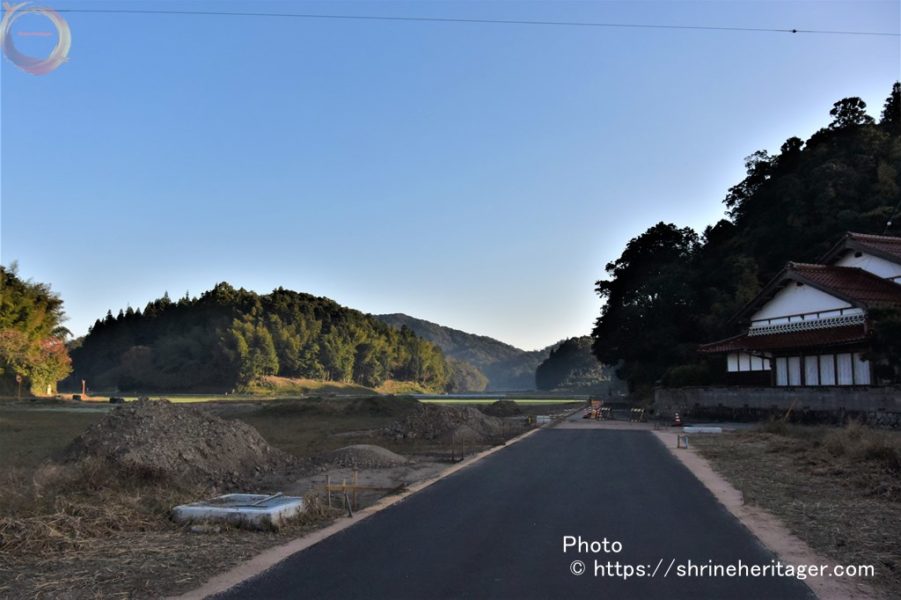
The stone steps continued toward the mountain in the back of the private house, and the torii gate was seen.
Arrived at Tanomo Shrine
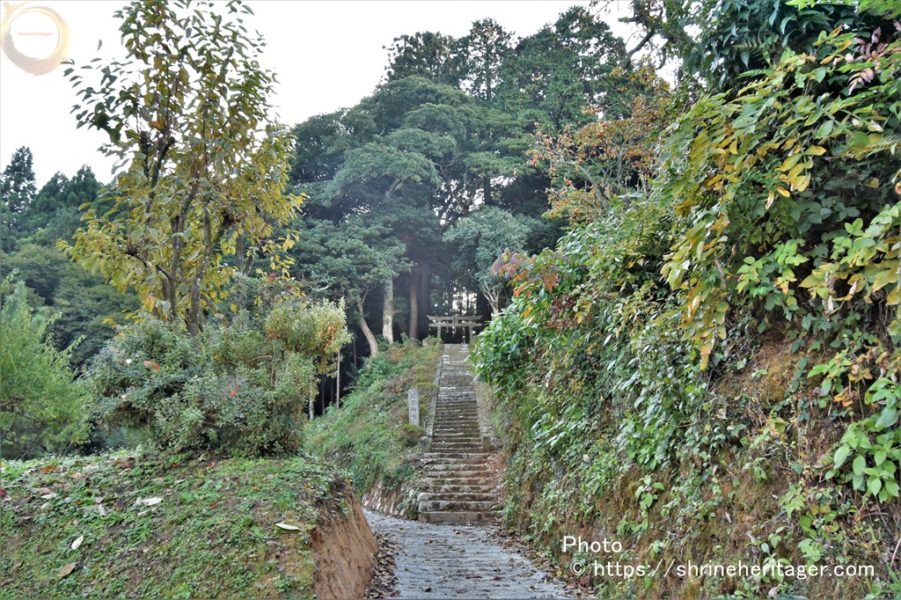
There is a cylindrical company title "Enki-gatauchi Tabe Shrine" on the stone steps.
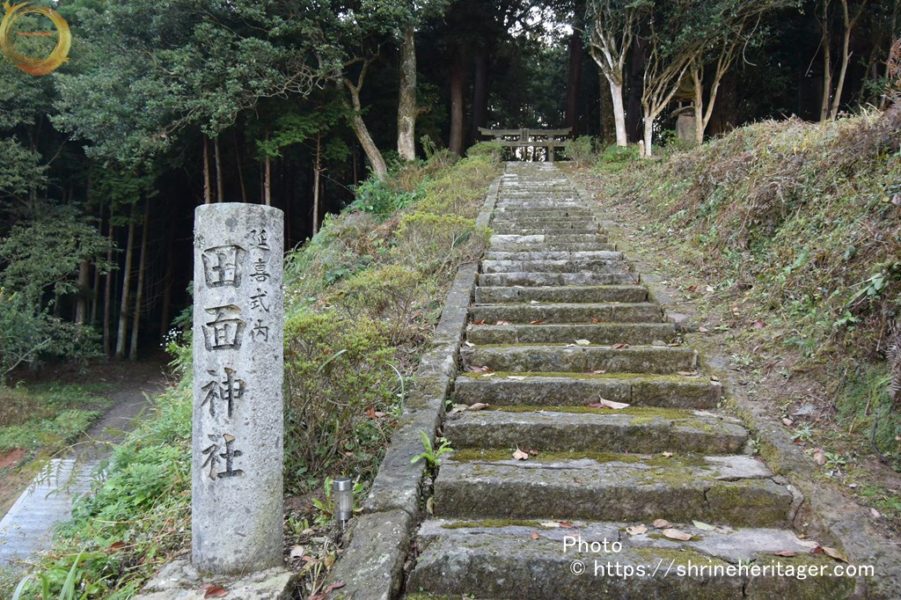
On top of the stone steps is an old night light and a water bowl.
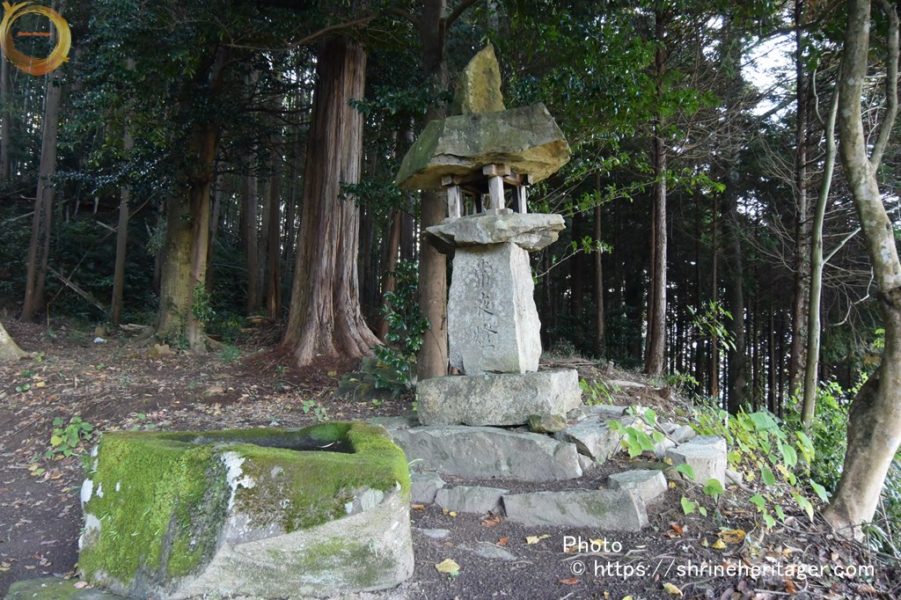
There is a torii gate ahead of it, and the precincts beyond it feel like a shrine.
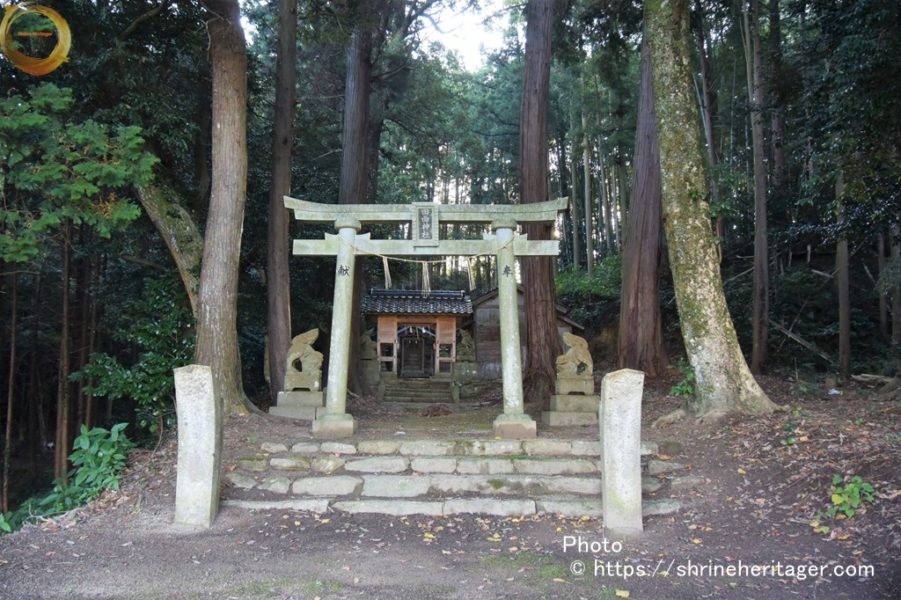
If you bow and go through the torii gate, a friendly Shiba Inu will take a one-on-one.
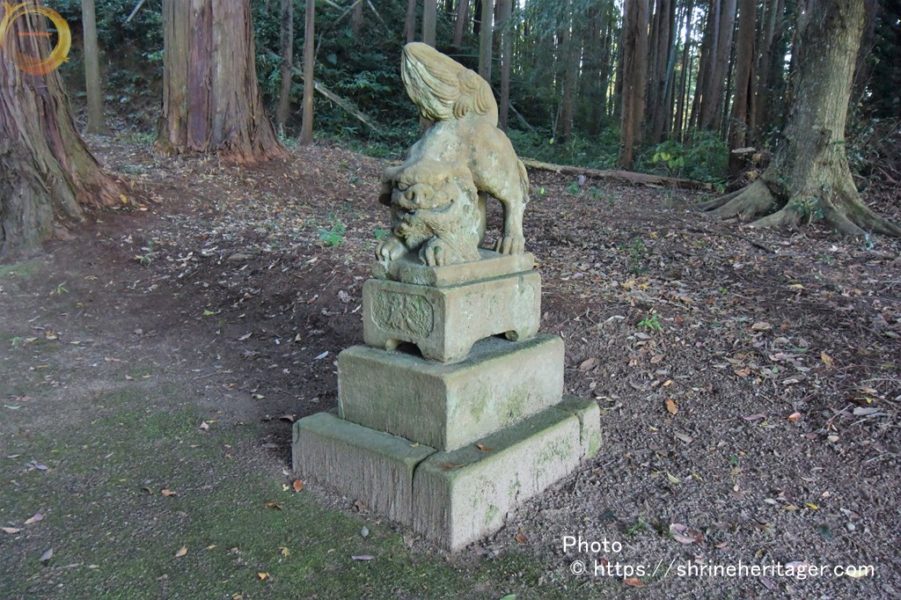
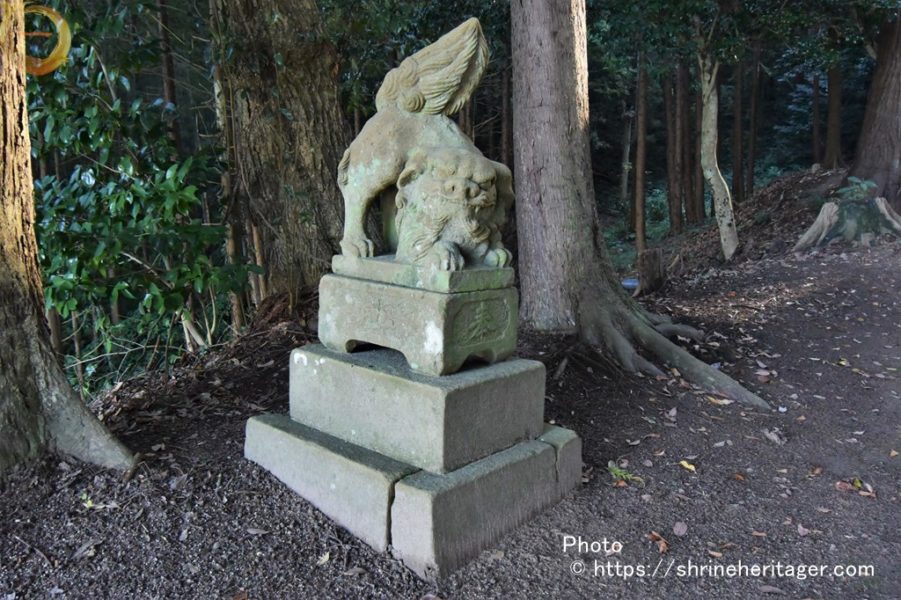
In addition, several steps of stone steps and Shiba Inu Shinmon are built, and the main shrine begins to be seen.
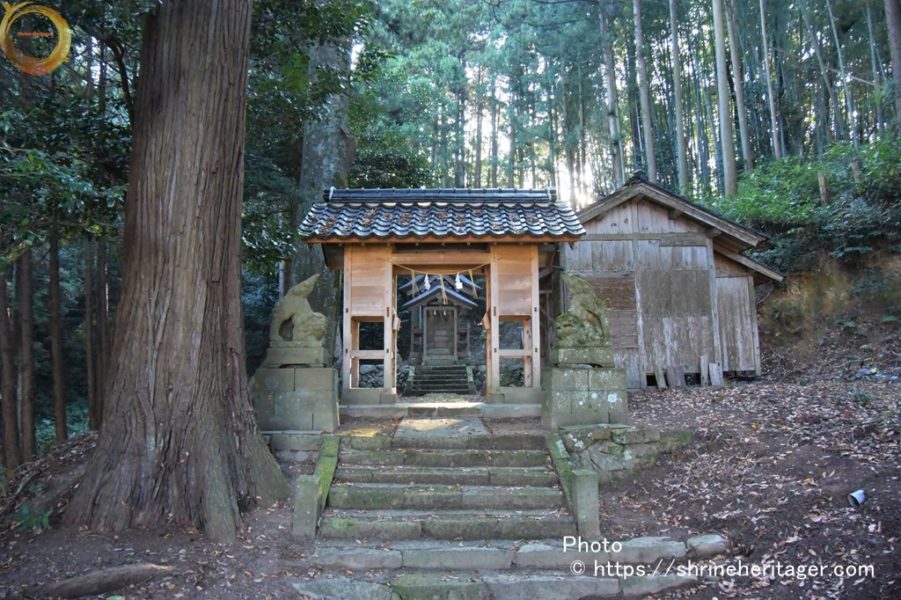
When I passed through the shrine gate, it was an
early morning visit, so the morning sun rises from the back of the main shrine. It feels as if you were welcomed by the god of the festival, oo hirume muchi.
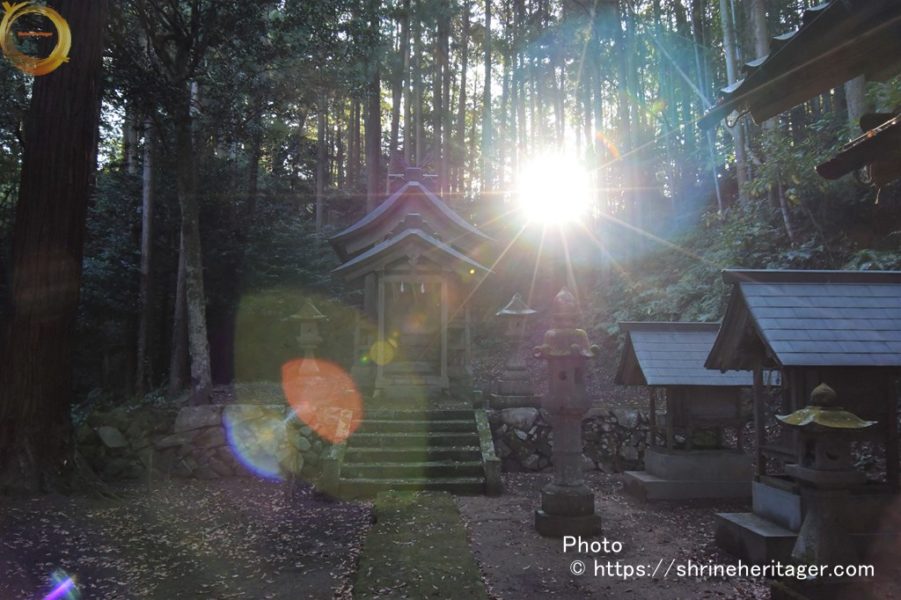
Sose in
the main hall I wish you a change.
A prayer that puts both hands together, praying to reach the deity of the festival
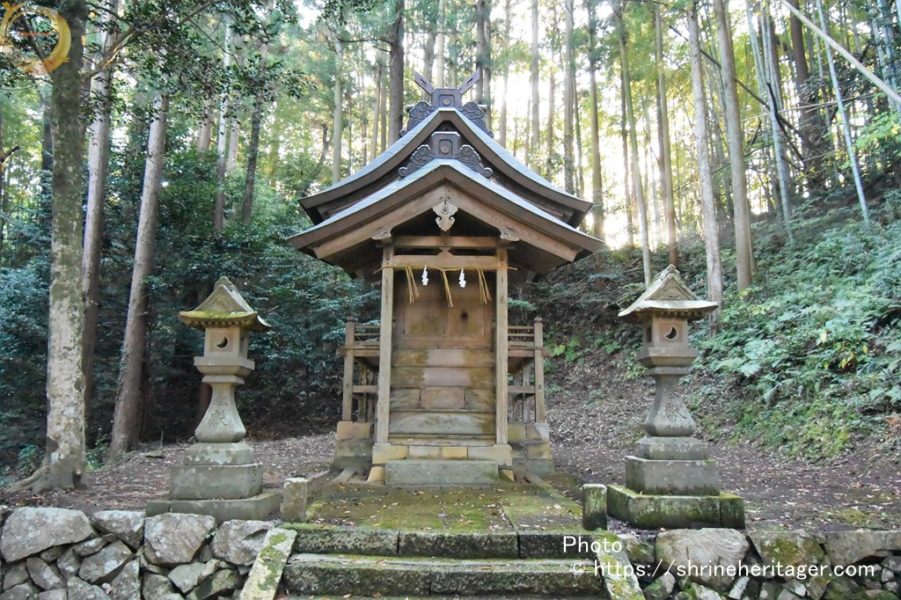
I look up at the main shrine from the left and right.
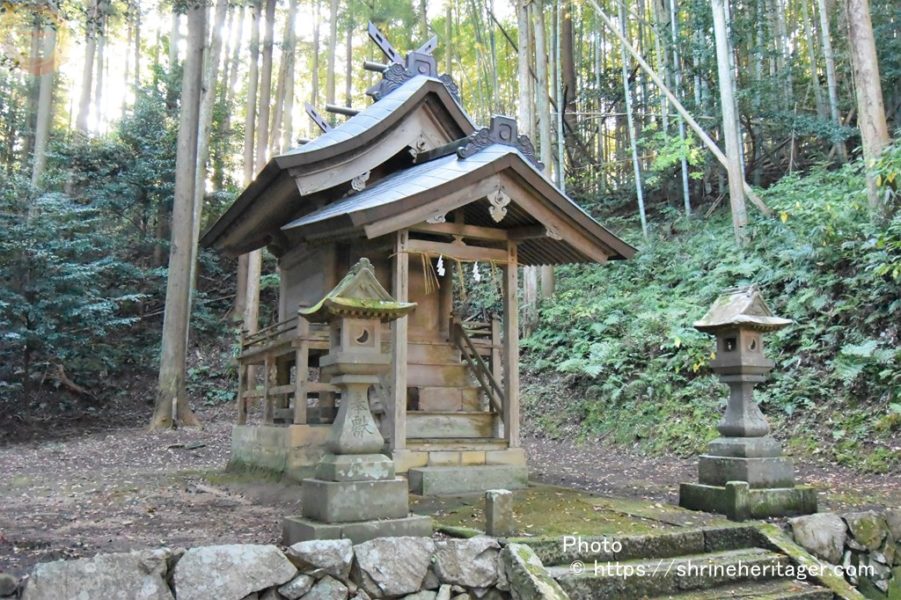
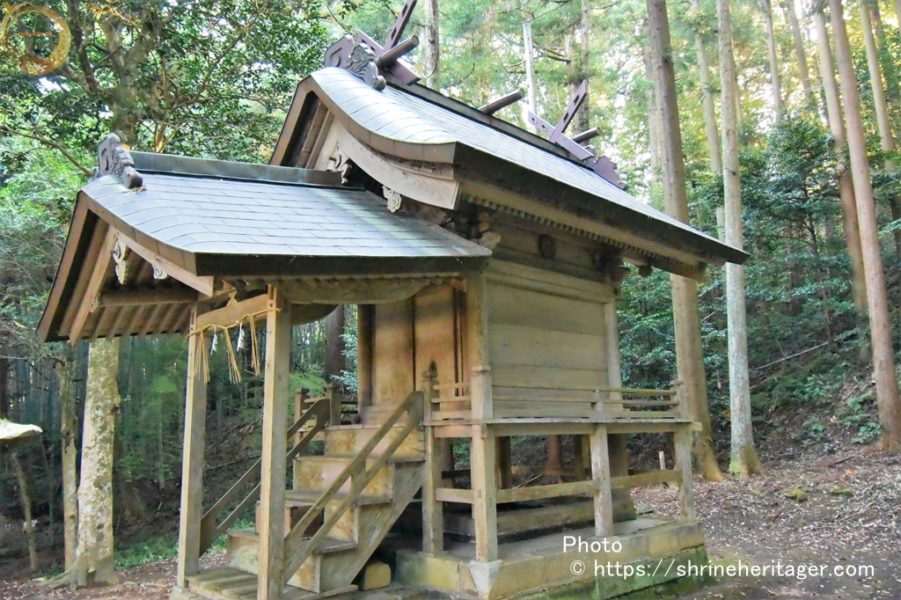
I'm going to visit two shrines in the precincts.
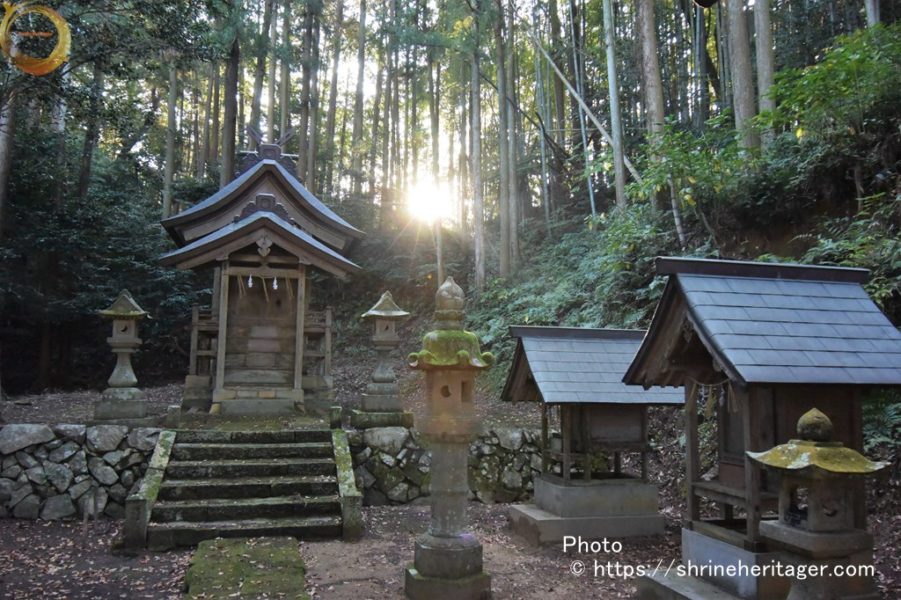
日御崎神社《主》須佐之男命・大日霊尊・五男三女神
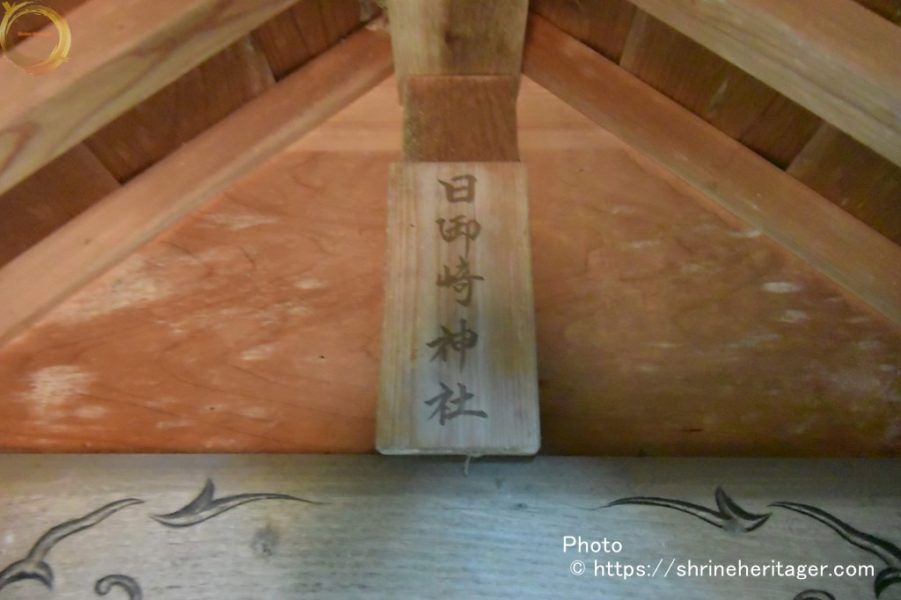
Another company unknown.
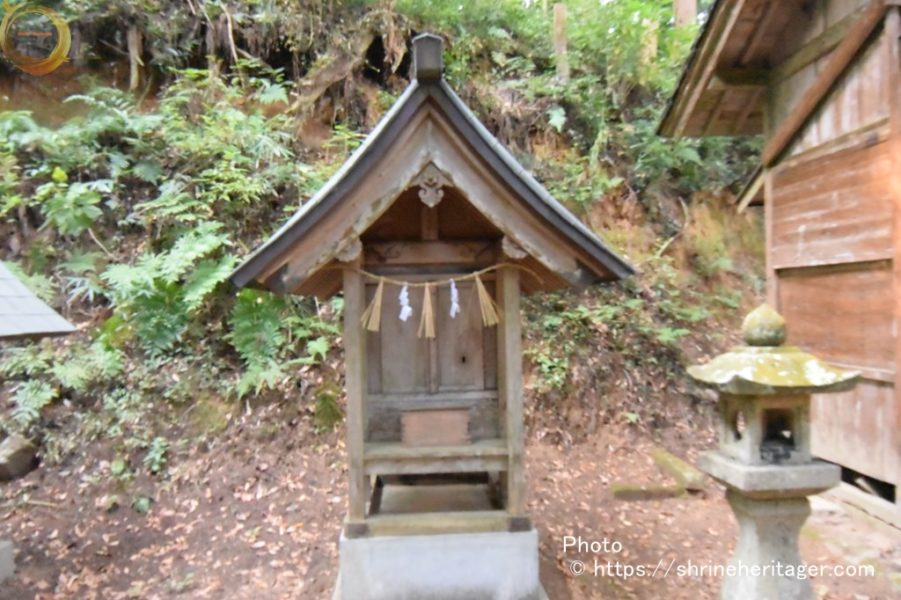
I'm going back to the approach.
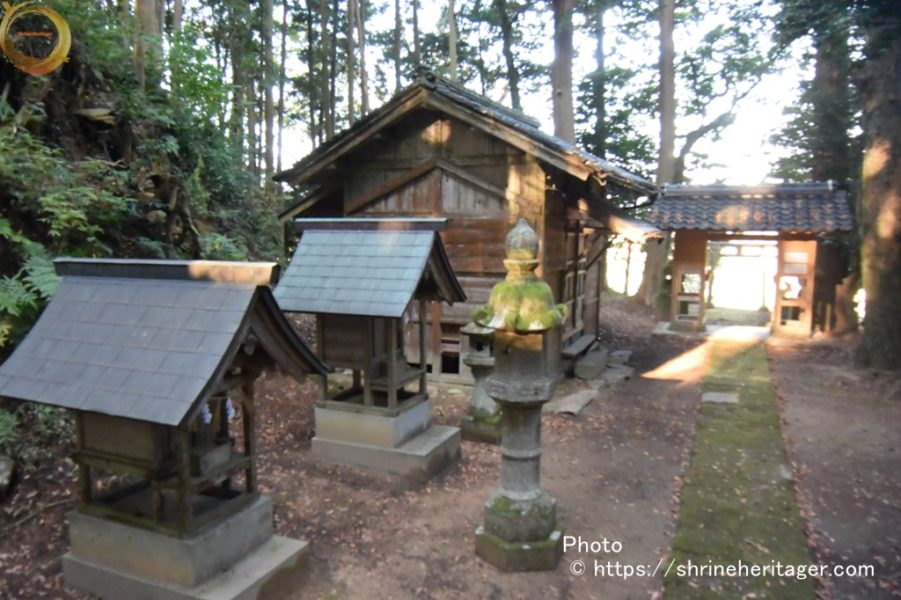
The day went up when I looked back in front of the Shinto gate.
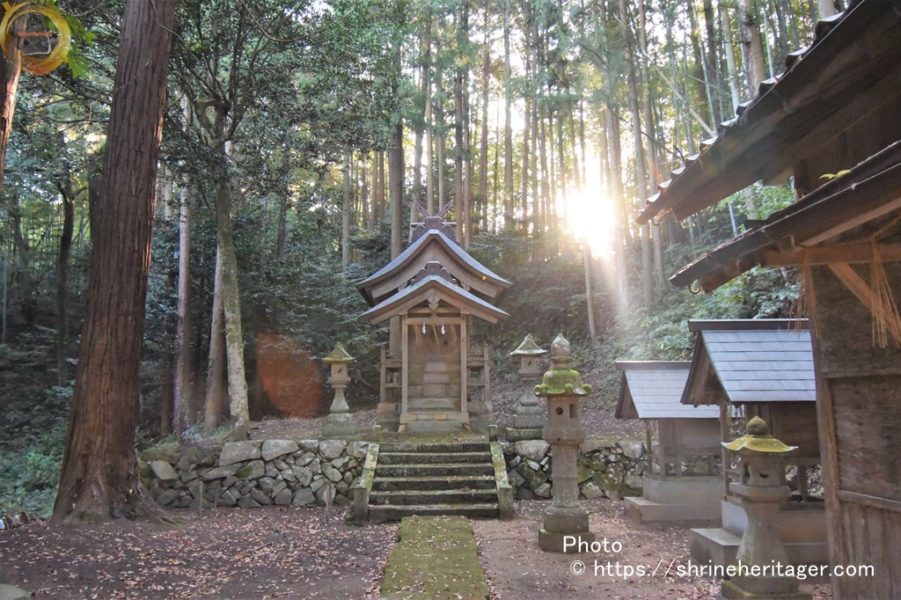
You can see the village countryside from the precincts.
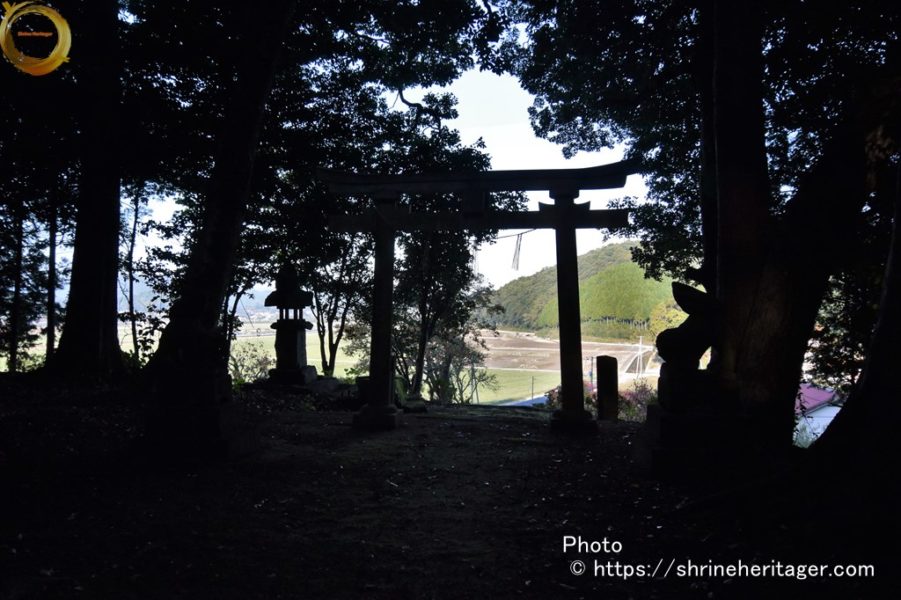
Looking back at the torii gate,
the morning sun enters the torii gate. Perhaps the sun rises right in front of the winters.
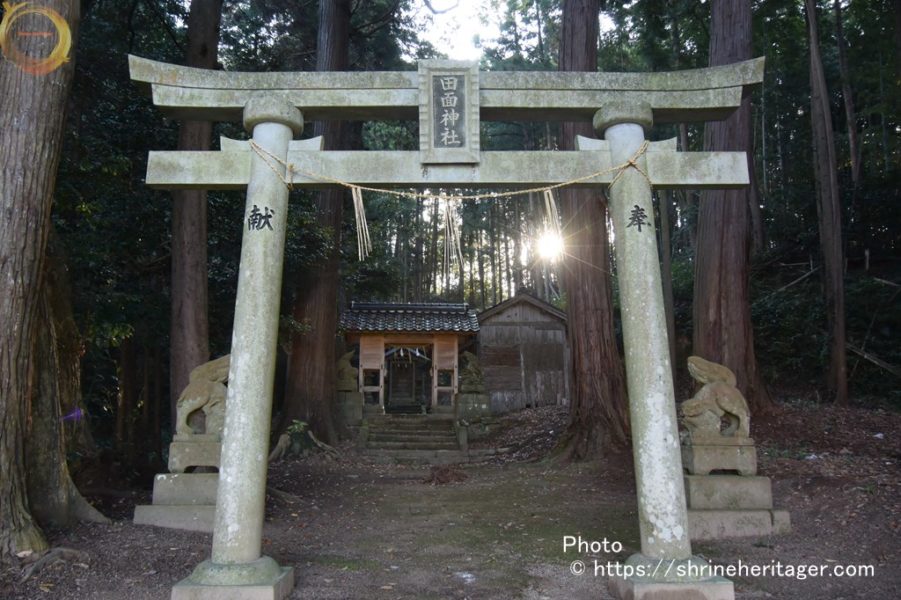
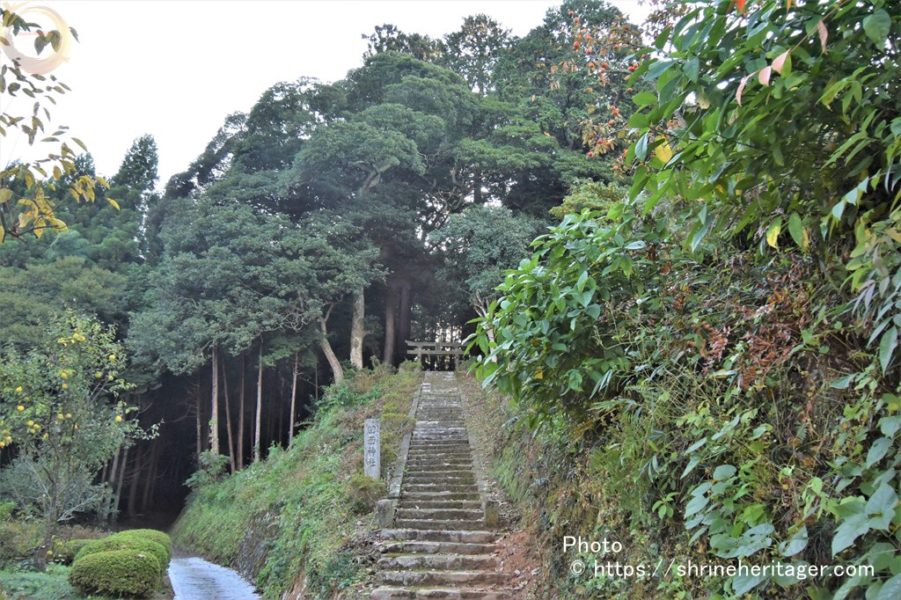
スポンサーリンク
【神社の伝承】(Old tales handed down to shrines)
Each document is handed down as follows
"Unyo shi" in Kita Yasuda, Nogi District
In "Unyo shi"
The present "Tanomo shrine"
It is written as "Taumote no kamino yashiro"
a
translation of one's intention Kita Yasuda Tabe Shrine (tawomote no kamino yashiro)Tanogesha (tanomo no) yashiro
this one in Fudoki There is a head office worship hall dedicated to oo hirume muchi. 』
※『雲陽志(unyo shi)』[黒沢長尚著]天保6 [1835]『原文』参照 国立公文書館デジタルアーカイブ『雲陽志』写本
https://www.digital.archives.go.jp/DAS/meta/listPhoto?LANG=default&BID=F1000000000000002424&ID=&TYPE=&NO=画像利用
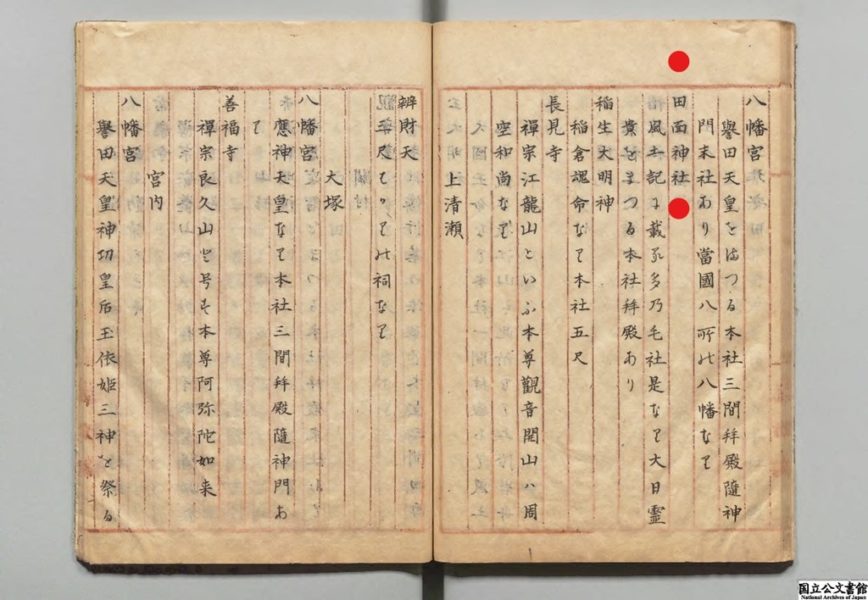
Izumo Koku- style company idea (izumo no kuni shiki no yashiro ko)
a
translation of one's intention "Taumote no Kamino yashiro"In Fudoki, there is Tanogesha (tanomo no) yashiro
Fudoki 鈔 is Yashiro-go Yasuda Village DaimeijinThere is a worship of oo hirume muchi Ogami, and there is a shrine.
※『出雲国式社考((izumo no kuni shiki no yashiro ko))』[選者:千家梅舎/校訂者:岩政信比古]写本 ,明治02年(1906)
『原文』参照 国立公文書館デジタルアーカイブ『出雲国式社考』写本https://www.digital.archives.go.jp/DAS/meta/listPhoto?LANG=default&BID=F1000000000000040615&ID=&TYPE=&NO=画像利用
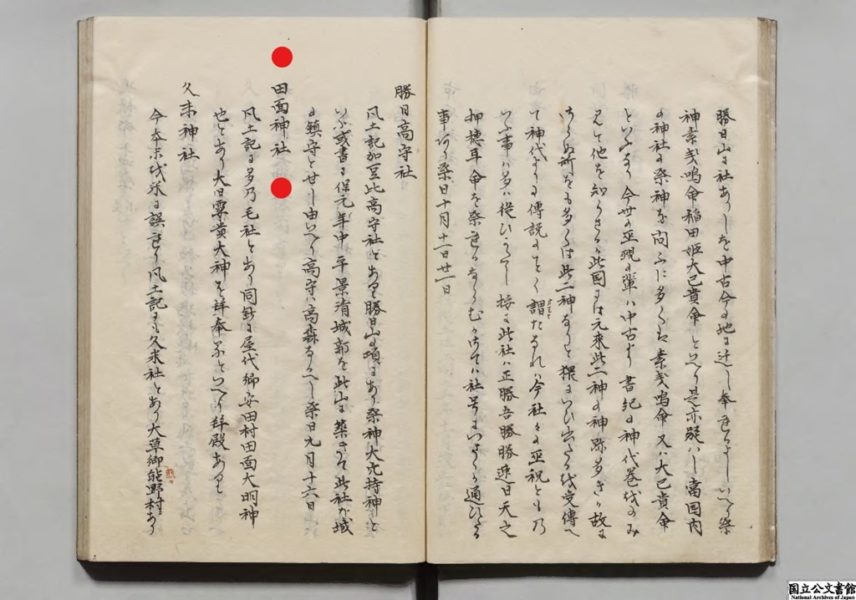
The goddess of the beautiful sun shining on the rice field "oo hirume
muchi" sits "rai" at Tanomo shrine (90 degrees bow)
